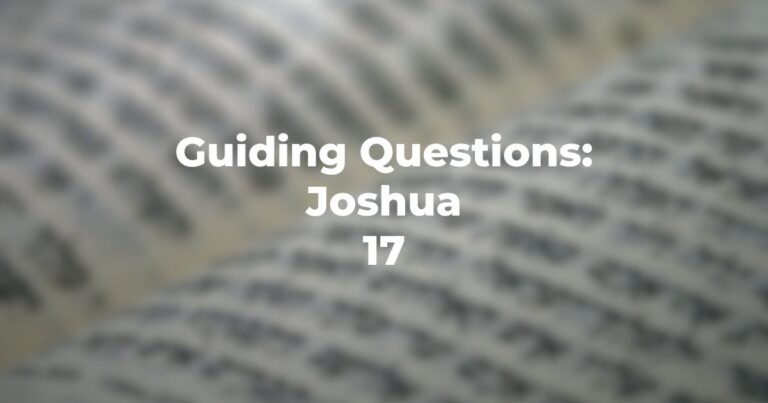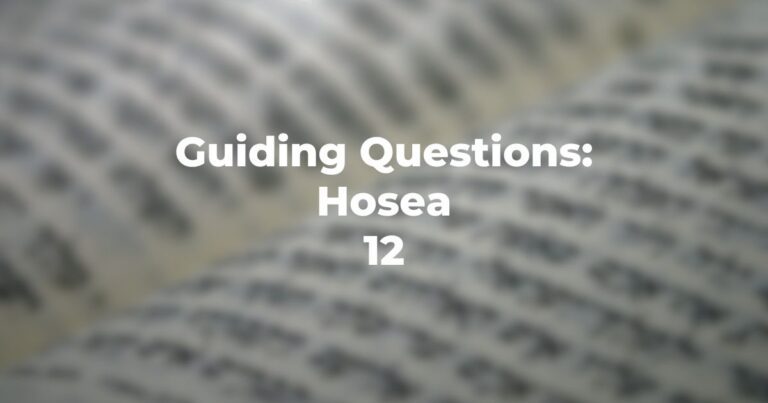- Which of his sons does Isaac choose to bless?
- Which of her sons does Rivkah wish to have blessed?
- Why is the father’s blessing of such consequence?
- Is it clear from Genesis 27:12 that Jacob knows that his father would curse him if Isaac were aware of the deceit?
- How does Jacob come disguised to his father?
- Why does Isaac ask “who are you”?
- How do Genesis 27:20-22 stress Isaac’s confusion?
- Finally, the direct confrontation in Genesis 27:24; what is Jacob’s response?
- How, in spite of the outright lie, does a blessing come to Jacob? What is/are the theological implications?
- Does the narrative reflect a position on means and ends? (the “end” – Genesis 25:23; the means – this chapter)
- Would Genesis 27:27 be conclusive that Isaac thought he was blessing Esau?
- What Divine name was used by Isaac in the blessing (Genesis 27:28)?
- In Genesis 27:33, what does Isaac’s shuddering bespeak?
- In Genesis 27:35, how does Isaac describe Jacob’s conduct?
- How does Esau describe Jacob’s conduct?
- Would Genesis 27:37 affirm that a blessing was irrevocable?
- From text, is Esau’s reaction at this point anger and/or frustration and/or dismay or all?
- Is Jacob’s “ruling” Esau in the blessing to obtain under all circumstances? (Genesis 27:40)
- What does text read in Esau’s mind? (Genesis 27:41)
- What did Rivkah hear (Genesis 27:22) and does the text indicate from what source?
- Was Esau’s reaction so unpredictable? (Genesis 27:42)
- In Genesis 27:45, according to Rivkah, who was responsible for what transpired and whose plan was it?
- If Genesis 27:46 followed Genesis 26:35, would the sequence be logical without the blessing story?
Author
-

Exploring Judaism is the digital home for Conservative/Masorti Judaism, embracing the beauty and complexity of Judaism, and our personal search for meaning, learning, and connecting. Our goal is to create content based on three core framing: Meaning-Making (Why?), Practical Living (How?), and Explainers (What?).
View all posts





